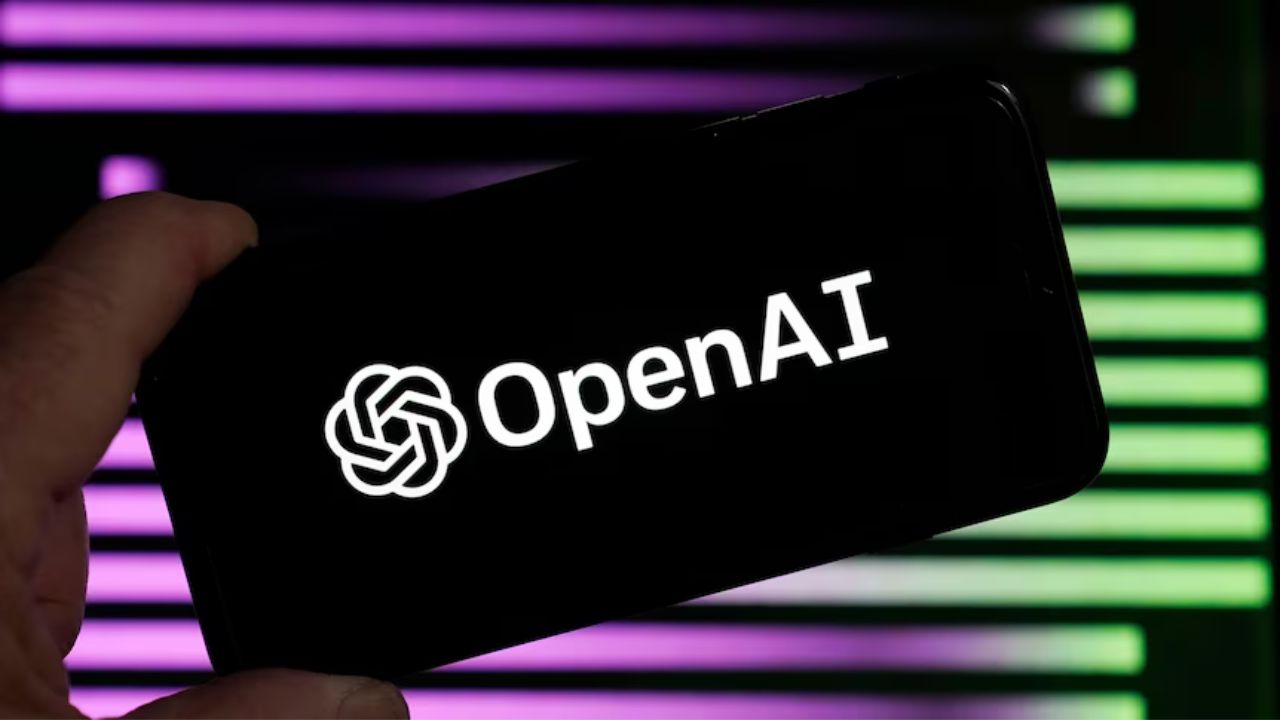OpenAI recently introduced a web-crawling bot, GPTBot, to scan website content for its language model training. However, this move sparked controversy as web creators began sharing ways to prevent GPTBot from accessing their content. While OpenAI offered a solution through a simple tweak in a website’s robots.txt file, there’s debate on its effectiveness.
The company defended its move by stating that its intention is to gather public data to enhance its models’ accuracy, safety, and capabilities. They also clarified that they avoid scraping content from sites with paywalls, personal information, or anything violating OpenAI’s policies.
However, media outlets, including The Verge, and individuals like Casey Newton and Neil Clarke, editor of Clarkesworld, have chosen to block the bot from accessing their sites. OpenAI, on the other hand, announced a significant grant to NYU’s Arthur L. Carter Journalism Institute. This partnership aims to guide students in ethical AI use in journalism.
A significant point of contention is how effective blocking GPTBot would be. Given the extensive data that has already been used to train AI models from public databases like Google’s C4 or Common Crawl, merely blocking GPTBot may not prevent content from being accessed. If content has been previously captured, it’s often permanent in training datasets for platforms like ChatGPT or Google’s Bard.
The legal landscape around web scraping remains unclear. Though the U.S. Ninth Circuit of Appeals ruled last year that scraping public data is legal, OpenAI faced lawsuits for copyright infringement and alleged privacy violations. Other platforms like X (previously Twitter) and Reddit are also grappling with AI data scraping issues, taking measures to safeguard their content.
In a nutshell, OpenAI’s move to introduce a web-crawling bot has stirred up discussions on the ethics of data scraping, copyright concerns, and user privacy. The next steps in this unfolding narrative remain to be seen.
Categories: Technology
Source: vtt.edu.vn
